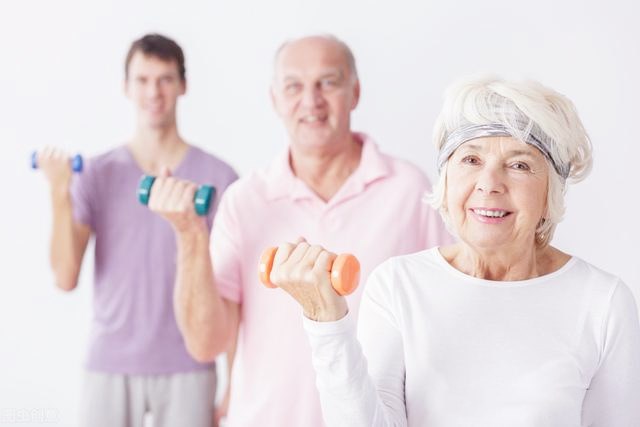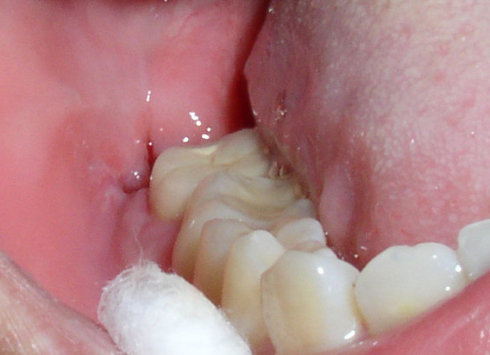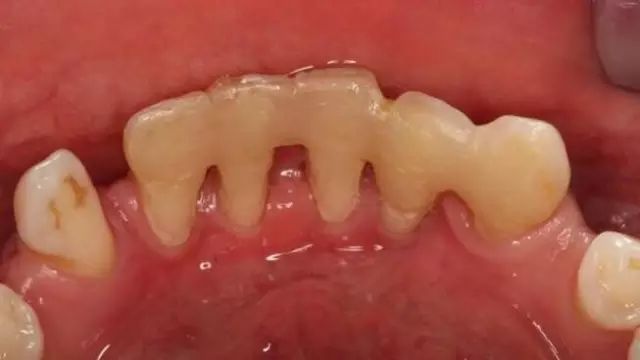As the elderly grow older, their body functions are slowly degrading, their immunity is gradually reduced, and various diseases follow. Many small details in life can cause great harm to the health of the elderly if they are not paid attention to. Mastering some important health knowledge can make the life of the elderly more secure.
- Actively understand aging and aging
The elderly should continuously strengthen their self-care awareness, learn self-monitoring knowledge, master self-management skills, early detection and standard treatment of diseases, and maintain function as the mainstay for middle and late diseases.
- Reasonable diet and balanced nutrition
The elderly should eat regularly and quantitatively. The daily food variety should include grains, cereals, miscellaneous beans and potatoes (coordinated in thickness), animal foods, vegetables, fruits, milk, and dairy products, and nuts, etc., control cooking oil And salt intake. It is recommended that the elderly have three meals and two o’clock. The energy distribution of three meals a day is about 30% for breakfast, about 40% for lunch, about 30% for dinner, and one snack or fruit in the morning and afternoon.
- Exercise moderately and proceed step by step
It is best for the elderly to choose mild to moderate sports, such as brisk walking, jogging, dancing, and Tai Chi based on their own conditions and hobbies. 10 to 11 in the morning and 3 to 5 in the afternoon are the best exercise time, each exercise time is 30 to 60 minutes.
- Quit smoking early and limit alcohol consumption
The sooner you quit smoking, the better. If you drink alcohol, you should limit it, avoid drinking strong alcohol above 45 degrees, and avoid alcohol abuse.
- Keep a good sleep
It’s best to take a lunch break for about 1 hour a day. If you have trouble falling asleep for a long time or have severe snoring and apnea, you should seek medical attention in time. If you use sleeping pills, please follow your doctor’s advice.
- Regular self-monitoring of blood pressure
You should rest for 5 minutes before the test to avoid emotional agitation, fatigue, smoking, and holding back your urine. Measure twice each time, with an interval of 1 minute, and take the average of the two times. Patients with hypertension self-test their blood pressure at least 3 times a day (1 time each in the morning, noon, and evening). Be wary of the morning peak of blood pressure to prevent myocardial infarction and stroke; at the same time, avoid low blood pressure, especially hypotension caused by improper medication.
- Regularly monitor blood sugar
Elderly people should monitor blood glucose once every 1 to 2 months, not only fasting blood glucose, but also blood glucose 2 hours after a meal. When the blood sugar of diabetic patients is stable, monitor blood sugar at least 1 to 2 times a week. The target of blood glucose control for elderly diabetic patients should be appropriately relaxed, fasting blood glucose <7.8 mmol/L, blood glucose 2 hours after meal <11.1 mmol/L, or the glycosylated hemoglobin level should be controlled at 7.0% to 7.5%.
- Prevent cardiovascular and cerebrovascular diseases
The elderly should maintain a healthy lifestyle and control risk factors for cardiovascular and cerebrovascular diseases. Such as controlling the excessive intake of oil and salt, exercising moderately, maintaining good sleep, regular physical examinations, early detection of early symptoms of coronary heart disease and stroke, and timely treatment.
- Pay attention to the early symptoms of stroke and send to the doctor as soon as possible
Once the elderly are found to have sudden weakness or numbness on one side of their face or limbs, hemianopia, poor speech, dizziness with nausea, vomiting, diplopia, and other symptoms, they must dial “120” and send them to a qualified hospital urgently.
- Pay attention to the decline of audiovisual function
Avoid picking your ears casually; drink less strong tea and coffee; strictly grasp the indications for the application of ototoxic drugs (such as gentamicin, streptomycin, etc.); and strive for a relatively quiet living environment. When the hearing loss is severe, the elderly should go to a medical institution for examination in time and wear hearing aids when necessary. Check your eyesight regularly, and see a doctor if your eyesight has decreased.
- Pay attention to oral health
Adhere to gargle after meals, brush your teeth in the morning and evening, and use dental floss or toothpicks reasonably; check the oral cavity once every six months to repair cavities in time; insert missing teeth in time to restore chewing function as soon as possible.
- Prevent falls
Over 90% of fractures in the elderly are caused by falls. Normally, you should maintain moderate exercise, wear appropriate glasses to improve eyesight, avoid going out alone and in crowded environments, place items indoors regularly, increase lighting and keep the ground dry and flat.
- Prevention of bone and joint diseases and prevention of osteoporosis
Pay attention to keeping your knees warm, avoid excessive physical exercise, try to go down the stairs as little as possible, and control your weight to reduce the pressure on the joints of the lower limbs. Increase sun exposure time. Promote a balanced diet rich in calcium, low salt, and moderate amounts of protein, and increase bone strength through moderate exercise such as walking or running.
- Prevent stress urinary incontinence
Pay attention to changing behaviors and lifestyle habits that increase abdominal pressure, such as standing for a long time, squatting, weight-bearing, chronic coughing, and constipation.
- Maintain a good attitude and learn to guide yourself
Once the elderly are found to have symptoms such as insomnia, headaches, vertigo, tinnitus, and they are depressed, depressed, restless, unable to lift their energy, worry about small things, nervousness, lack of interest in daily activities, often inferiority, self-blame, Guilt, passive and excessive dependence everywhere, feeling meaningless in life, etc. or early symptoms of depression such as irritability, fatigue, chest tightness, sleep disturbance, weight loss, dizziness, headache, etc., please consult a doctor in time and ask a specialist for necessary psychological counseling And medication.
- Prevent the occurrence and development of Alzheimer’s disease
Alzheimer’s disease mostly begins after 65 years of age, mainly manifested as continuous memory, language, visual space, and personality changes. Once the elderly have obvious early symptoms such as memory loss and prominent forgetting of recent events, they should seek medical treatment as soon as possible to prevent or delay the development of Alzheimer’s disease.
- Rational use of drugs
It is necessary to strictly follow the doctor’s advice when taking medication, master the indications and contraindications, and avoid repeated or multiple medications. Do not abuse antibiotics, sedative sleep drugs, anesthetics, anti-inflammatory analgesics, antiarrhythmic drugs, cardiotonic drugs, etc. Do not use “secret prescriptions”, “recipes”, “experimented prescriptions”, “new medicines”, “foreign medicines” and so on easily. If adverse reactions occur during medication, the medication can be temporarily discontinued and seek medical attention in time.
- Regular physical examination
The elderly have at least one physical examination every year, actively participate in the census organized by the government and large hospitals, and attach great importance to early warning signs of cancer such as abnormal lumps, intestinal bleeding, weight loss, etc. Once abnormalities are found, they should go to a cancer specialist hospital to find cancer. Go to a regular hospital for standardized treatment. Early detection and early intervention of chronic diseases, and effective intervention measures to reduce disease risks. Keep complete medical records.
- Carry a health emergency card when you go out
Basic information such as name, home address, work unit, the contact information of family members, etc. are indicated on the card, what diseases are affected, what may happen, and the points of simple first aid on the spot. If necessary, indicate the request to contact the vehicle, escort the hospital, etc..
- Actively engage in social participation
Participate in sports, fitness, cultural, and entertainment activities that are beneficial to physical and mental health in accordance with your own situation, develop a healthy lifestyle, advocate the whole society to care for the elderly, and realize that the elderly can have security, medical care, and learning. , Old people have fun.





